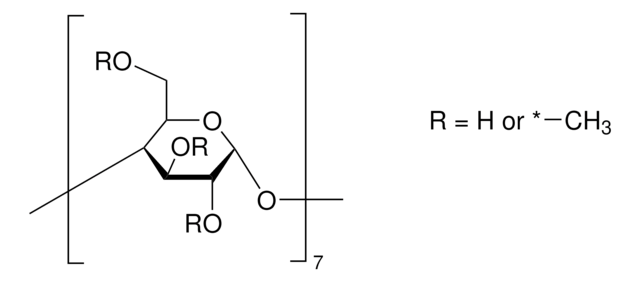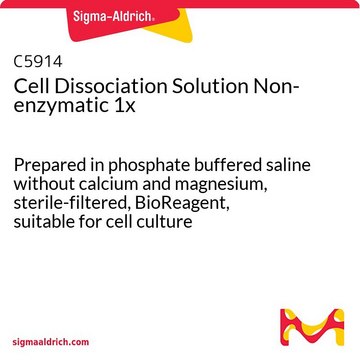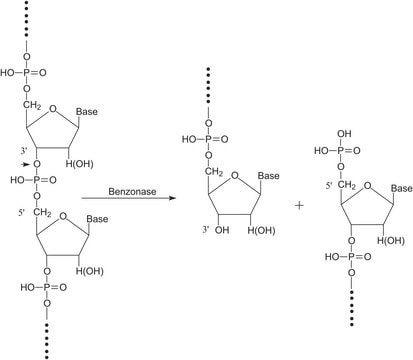MABS27
Anti-Diglycyl Lysine (Clone GX41) Antibody
clone GX41, from mouse
Synonim(y):
Diglycyl Lysine
About This Item
Polecane produkty
pochodzenie biologiczne
mouse
Poziom jakości
forma przeciwciała
purified immunoglobulin
rodzaj przeciwciała
primary antibodies
klon
GX41, monoclonal
reaktywność gatunkowa
human, mouse, rat
reaktywność gatunkowa (przewidywana na podstawie homologii)
all
metody
immunoprecipitation (IP): suitable
western blot: suitable
izotyp
IgG1κ
Warunki transportu
wet ice
docelowa modyfikacja potranslacyjna
unmodified
Opis ogólny
Specyficzność
Immunogen
Zastosowanie
Mass Spectrometry Analysis: A previous lot was used by an independent a laboratory in Mass Spec. Image courtesy of Samie Jaffrey, Cornell Medical College.
Signaling
General Post-translation Modification
Jakość
Western Blot Analysis: 0.5 µg/mL of this antibody detected Diglycyl Lysine on 10 µg of BSA protein and Diglycine modified BSA.
Opis wartości docelowych
Postać fizyczna
Przechowywanie i stabilność
Komentarz do analizy
BSA protein and Diglycine modified BSA
Inne uwagi
Oświadczenie o zrzeczeniu się odpowiedzialności
Nie możesz znaleźć właściwego produktu?
Wypróbuj nasz Narzędzie selektora produktów.
Kod klasy składowania
12 - Non Combustible Liquids
Klasa zagrożenia wodnego (WGK)
WGK 1
Temperatura zapłonu (°F)
Not applicable
Temperatura zapłonu (°C)
Not applicable
Certyfikaty analizy (CoA)
Poszukaj Certyfikaty analizy (CoA), wpisując numer partii/serii produktów. Numery serii i partii można znaleźć na etykiecie produktu po słowach „seria” lub „partia”.
Masz już ten produkt?
Dokumenty związane z niedawno zakupionymi produktami zostały zamieszczone w Bibliotece dokumentów.
Nasz zespół naukowców ma doświadczenie we wszystkich obszarach badań, w tym w naukach przyrodniczych, materiałoznawstwie, syntezie chemicznej, chromatografii, analityce i wielu innych dziedzinach.
Skontaktuj się z zespołem ds. pomocy technicznej








